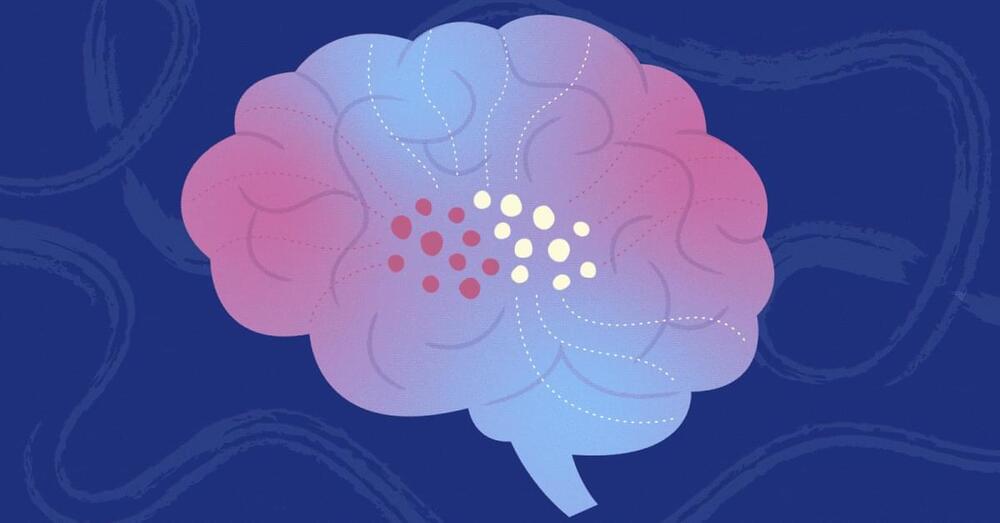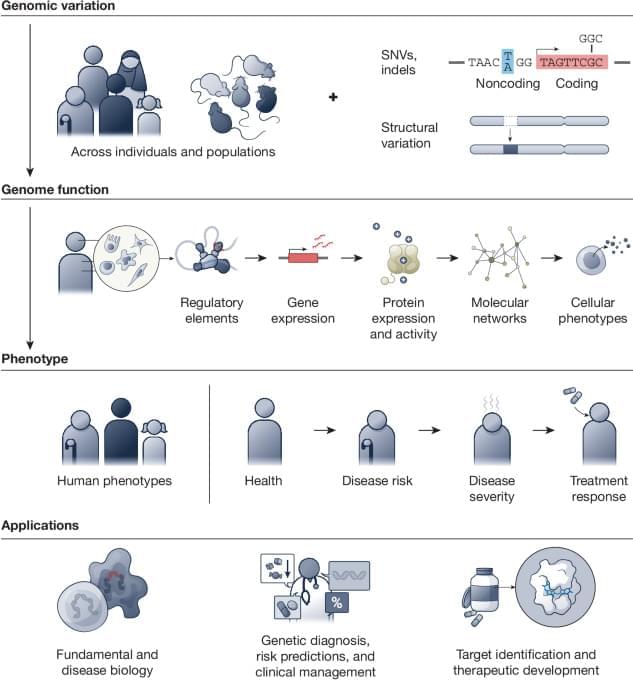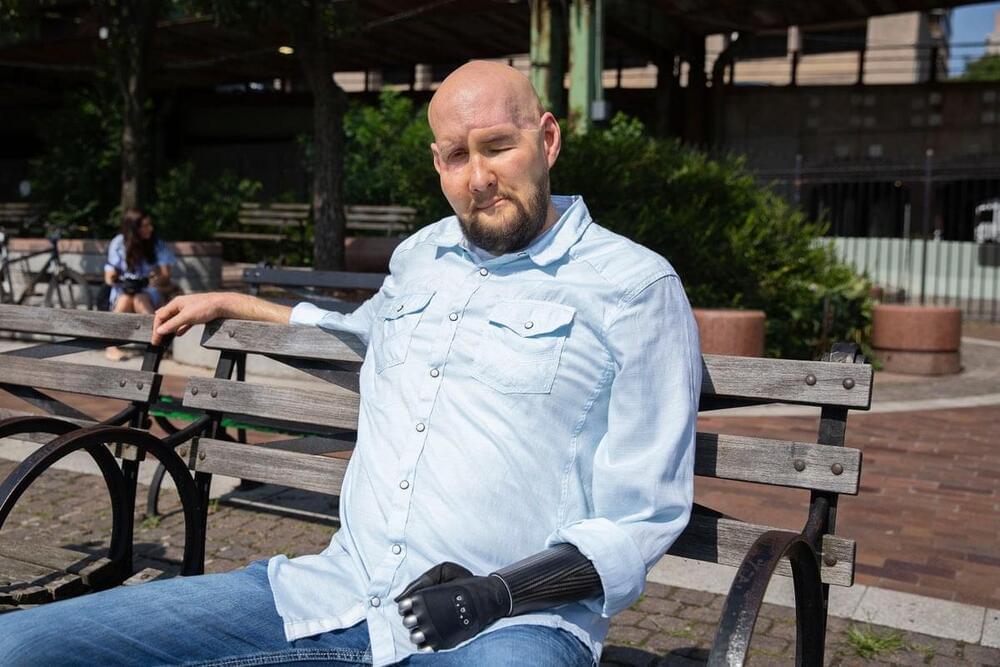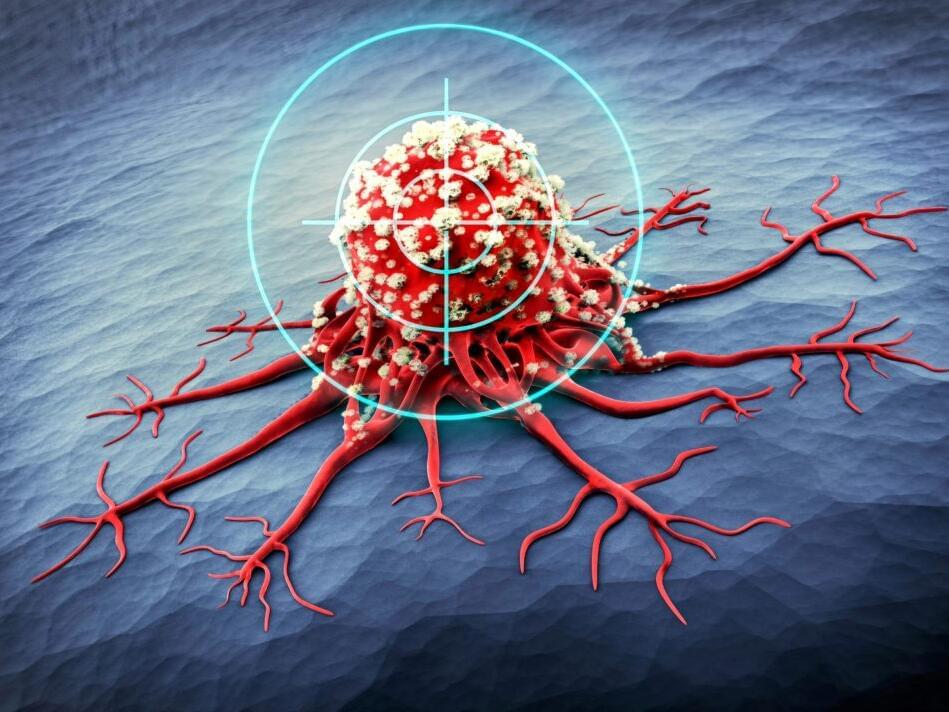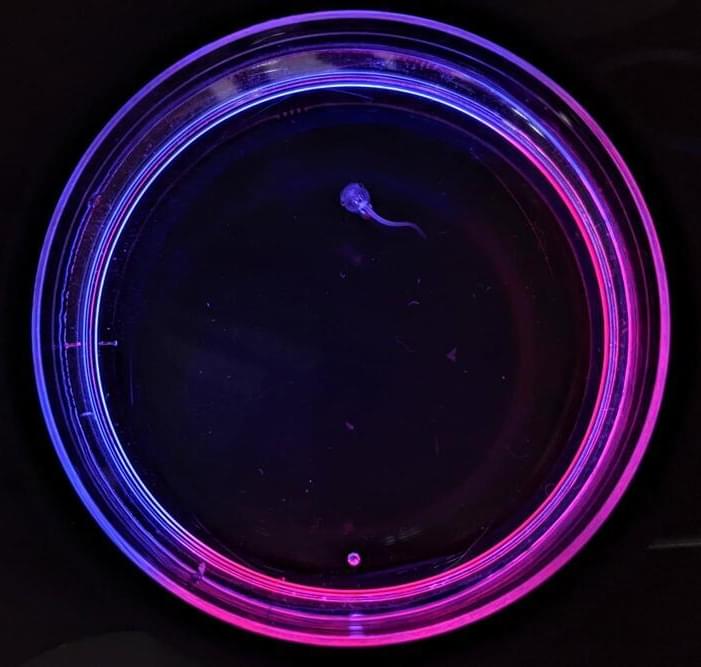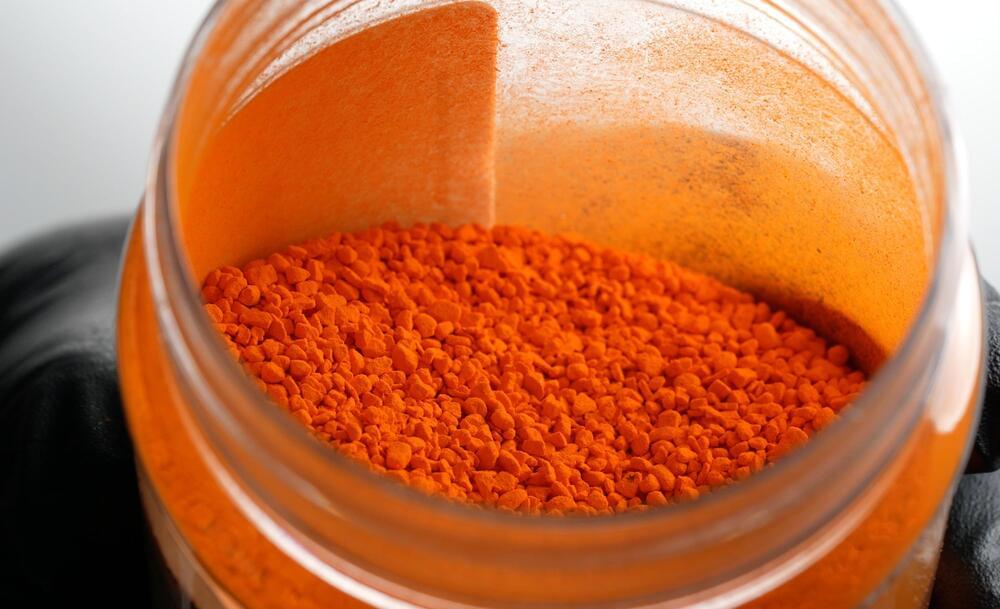Human lifespan is shaped by both genetic and environmental exposures and their interaction. To enable precision health, it is essential to understand how genetic variants contribute to earlier death or prolonged survival. In this study, we tested the association of common genetic variants and the burden of rare non-synonymous variants in a survival analysis, using age-at-death (N = 35,551, median [min, max] = 72.4 [40.9, 85.2]), and last-known-age (N = 358,282, median [min, max] = 71.9 [52.6, 88.7]), in European ancestry participants of the UK Biobank. The associations we identified seemed predominantly driven by cancer, likely due to the age range of the cohort. Common variant analysis highlighted three longevity-associated loci: APOE, ZSCAN23, and MUC5B. We identified six genes whose burden of loss-of-function variants is significantly associated with reduced lifespan: TET2, ATM, BRCA2, CKMT1B, BRCA1 and ASXL1. Additionally, in eight genes, the burden of pathogenic missense variants was associated with reduced lifespan: DNMT3A, SF3B1, CHL1, TET2, PTEN, SOX21, TP53 and SRSF2. Most of these genes have previously been linked to oncogenic-related pathways and some are linked to and are known to harbor somatic variants that predispose to clonal hematopoiesis. A direction-agnostic (SKAT-O) approach additionally identified significant associations with C1orf52, TERT, IDH2, and RLIM, highlighting a link between telomerase function and longevity as well as identifying additional oncogenic genes.
Our results emphasize the importance of understanding genetic factors driving the most prevalent causes of mortality at a population level, highlighting the potential of early genetic testing to identify germline and somatic variants increasing one’s susceptibility to cancer and/or early death.
The authors have declared no competing interest.
